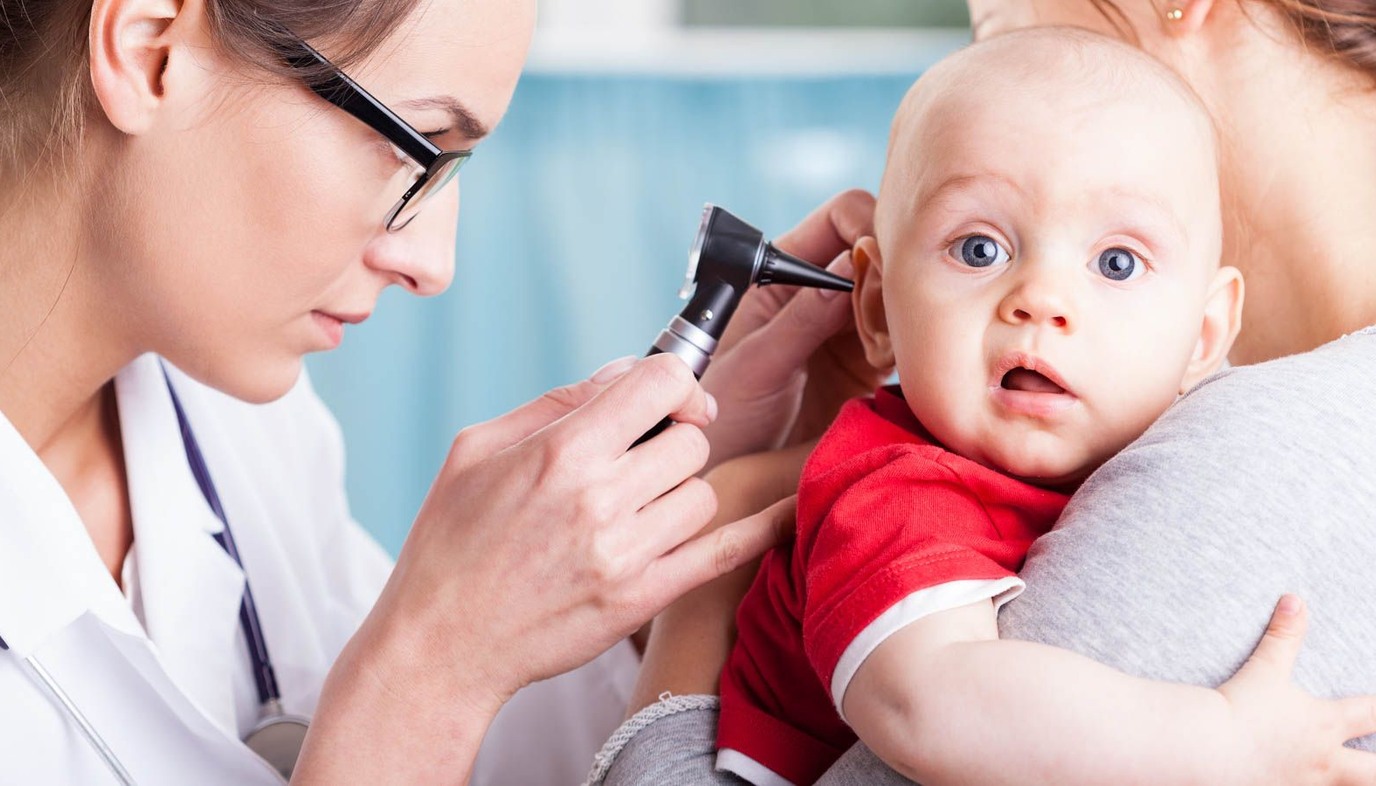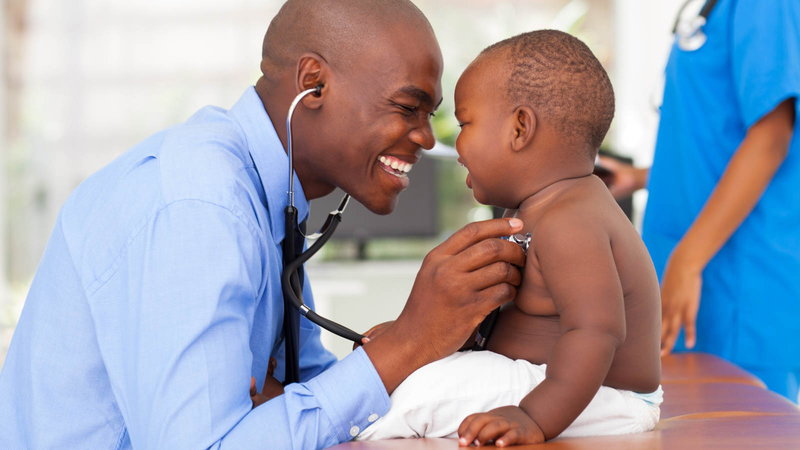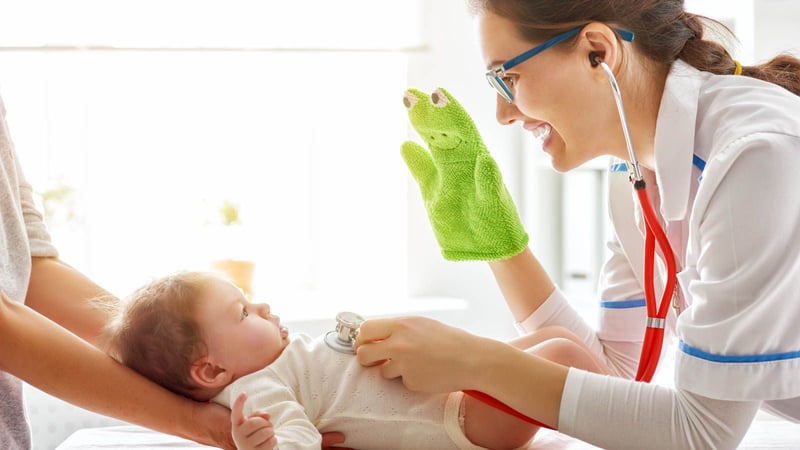
Both the AAP and the CDC recommend newborns having hearing screenings. Many states require newborns to have hearing screenings before they leave the hospital. Up to 3 babies out of 1000 born will have significant hearing loss. In fact, according to the March of Dimes, hearing loss is one of the most common congenital birth defects.
It is important that babies are screened for hearing loss early. Hearing is important for speech and language development. A child with undetected hearing loss may be delayed in speech and language. Children who receive early intervention services by the time they are six months old normally do well with language and other cognitive skills.
How Do They Screen Newborns' Hearing?
There are two tests that are used to screen infants' hearing. Both tests record how your baby responds to sound. One test measures brain activity and the other records how baby’s ears respond to sound. The newborn hearing screening is painless and can be done while baby is resting or sleeping.
Auditory Brainstem Responses (ABR)
The ABR test records how the brain responds to sound. Electrodes are placed on baby’s head to record brain activity. Earphones will be placed over baby’s ears and sounds will be played for baby to hear. The electrodes record how your baby responds to the sounds being played.
Otoacoustic emissions (OAE)
In a normal ear, sound is sent through the outer ear to the middle ear. The sound waves cause the eardrum and three tiny bones to move. This movement sends sound to the inner ear. In the inner ear, the cochlea is covered with tiny hairs. These tiny hairs transmit signals to the brain as they vibrate. The brain interprets these signals so that it “hears” the sound. The way that the OAE test works is that it records otoacoustic emissions (the sounds that are produced by the tiny hairs on the cochlea of the inner ear). These sounds can not be heard by people but can be recorded by special instruments. During the screening, a tiny probe will be placed inside your baby’s ear. This probe will play sounds for your baby to hear. A microphone inside the probe will record the inner ear's emissions. Emissions are not recorded in a baby who can not hear.
What If My Baby Fails the Newborn Hearing Screening?
The newborn hearing screening is not a diagnostic test, but rather, a screening to see if your baby might need further hearing testing. If your baby fails her newborn hearing screening, she may be given a second screening to confirm the results. Once the results are confirmed, she will then be referred to an audiologist for more comprehensive testing.
Up to 5 percent of babies will fail the initial screening test. If your baby fails her newborn hearing screening, it does not necessarily mean that she has hearing loss. A couple common reasons babies do not pass the initial newborn hearing screening are vernix in the ear or crying during testing. Most babies go on to pass a second screening and do not have any problems with their hearing.


